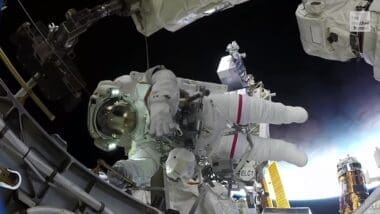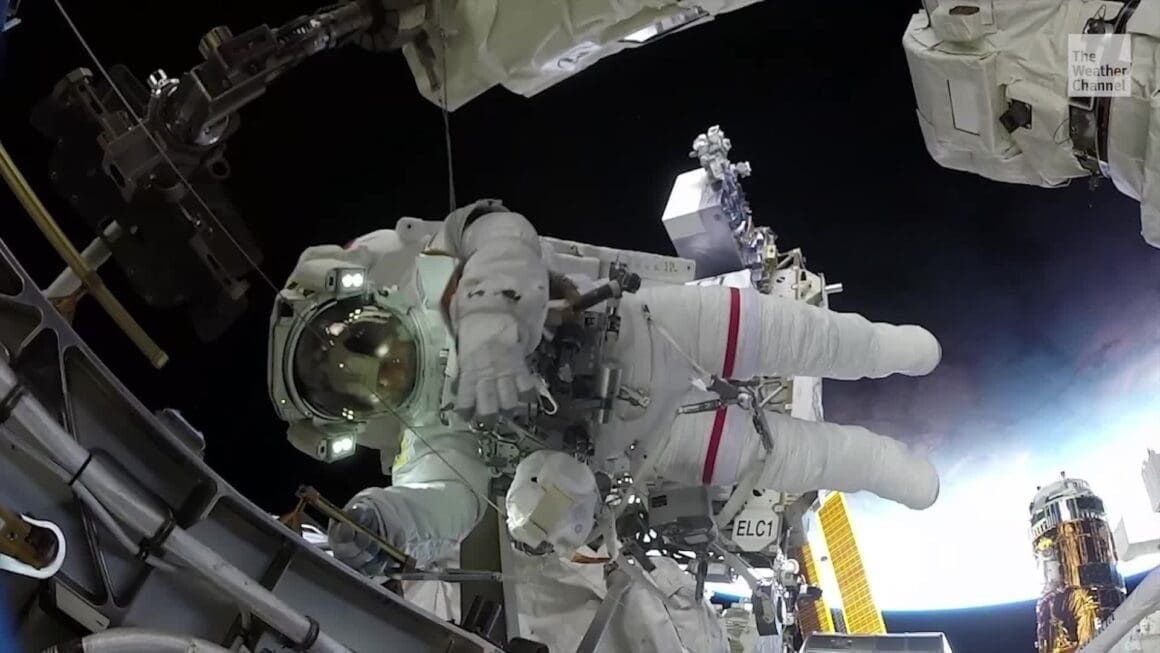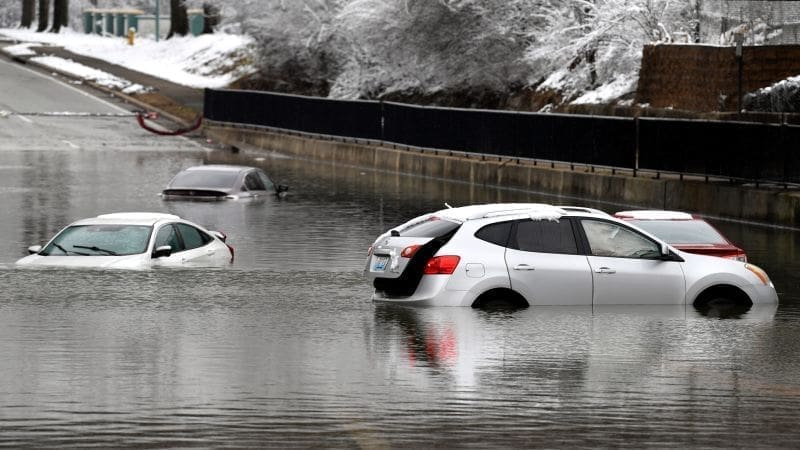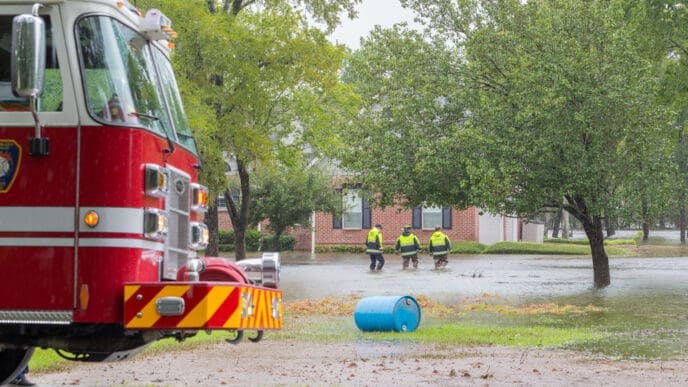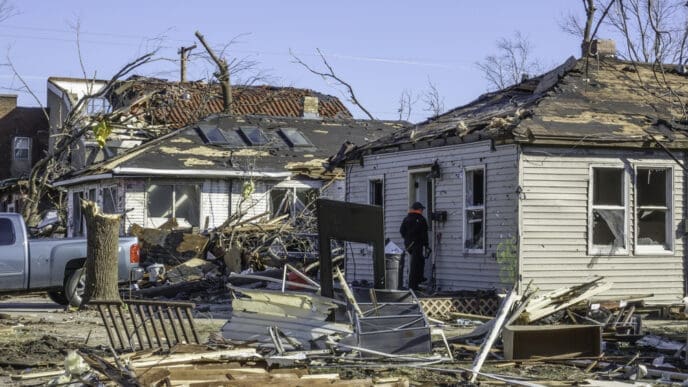The International Space Station (ISS) is facing significant challenges as it continues to age, prompting discussions about potential environmental consequences associated with its decommissioning.
As the ISS approaches the end of its operational life, concerns are growing about what will happen to the structure once it is no longer in use. The station, which has been a symbol of international cooperation and scientific progress, is turning into what some describe as a ‘cosmic fixer-upper.’ The deterioration of the ISS is raising alarms about the debris it might leave behind and the implications for Earth’s environment.
While the dismantling or controlled deorbiting of space stations like the ISS is not unprecedented, the scale of the ISS presents unique challenges. Its size and the nature of its components mean that a large amount of debris could potentially reach the Earth’s surface. This has led to worries about pollution, not only in space but also on Earth, where debris could impact both ecosystems and human populations.
Experts are currently debating the best course of action to manage this debris. Some suggest controlled re-entry into the Earth’s atmosphere, where the majority of the structure could burn up, minimizing the risk to terrestrial environments. Others propose recycling certain components, though this process presents logistical hurdles.
Critics of the current plans argue that not enough is being done to mitigate potential pollution risks. They emphasize the need for a comprehensive strategy that considers long-term environmental impacts and prioritizes sustainability in space operations. The concern lies not just in the immediate aftermath of the ISS’s decommissioning but in the precedent it sets for future space missions.
The debate over how to handle the debris from the ISS highlights a broader issue facing the space industry: the need for responsible management of space waste. As more countries and private companies engage in space exploration, the volume of potential debris increases, making sustainable practices a pressing concern.
The future of the ISS poses significant environmental questions that demand careful consideration. As discussions continue about how best to manage its end-of-life phase, the importance of minimizing ecological impact remains a central focus. The resolution of these issues will likely have lasting implications for the sustainability of future space endeavors.
Source: Weather

